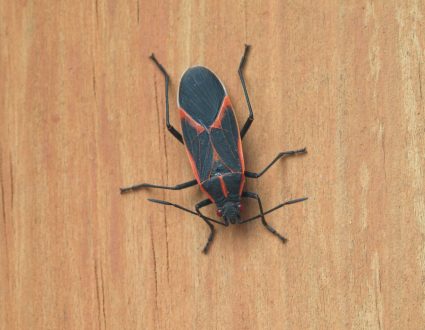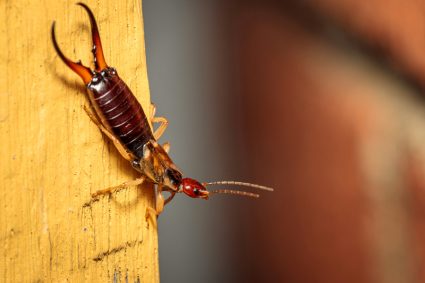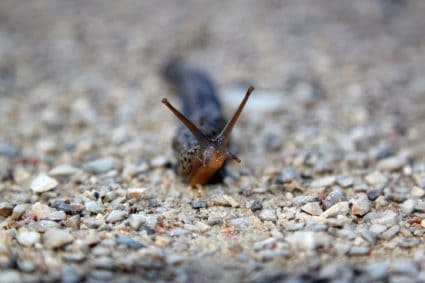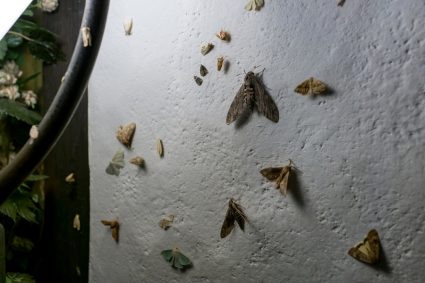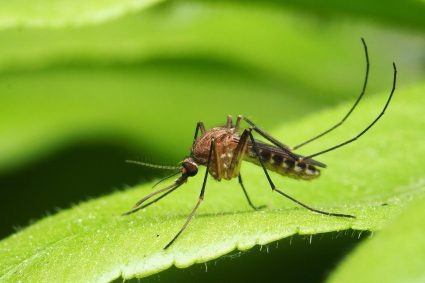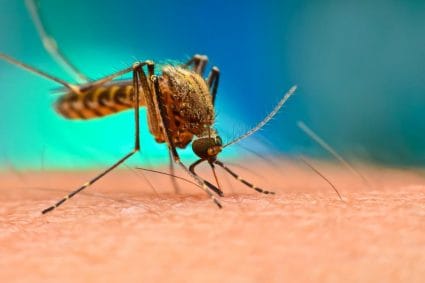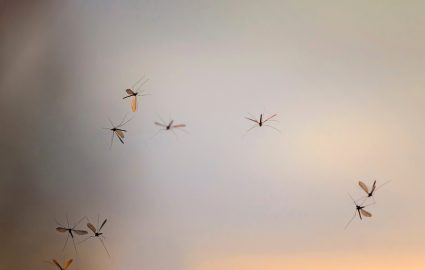
Otters may seem adorable and can be fun to watch at play. But at the same time, they are voracious carnivores and eager fish hunters.
If left to operate, otters can quickly and easily eliminate an entire fish from a pond.
So, what’s the way out? How do you get rid of these great destroyers from your expensive pond?
We will provide some helpful tips in this guide.
Otters are primarily aquatic and feed majorly on fish, snails, lobsters, and clams. So, having them in your pond significantly threatens marine animals like fish.
But there are several ways of removing these terrifying animals from your pond. Some are:
- Maintaining a clean surrounding
- Erecting a fence around your pond
- Placing a heavy gauge mesh over your pond
- Setting up live traps, etc.
The sections below discussed six easy-to-deploy strategies to deter otters from your pond.
We will also answer some frequently asked questions about the invasion of these creatures.
6 Ways To Deter Otters From the Pond
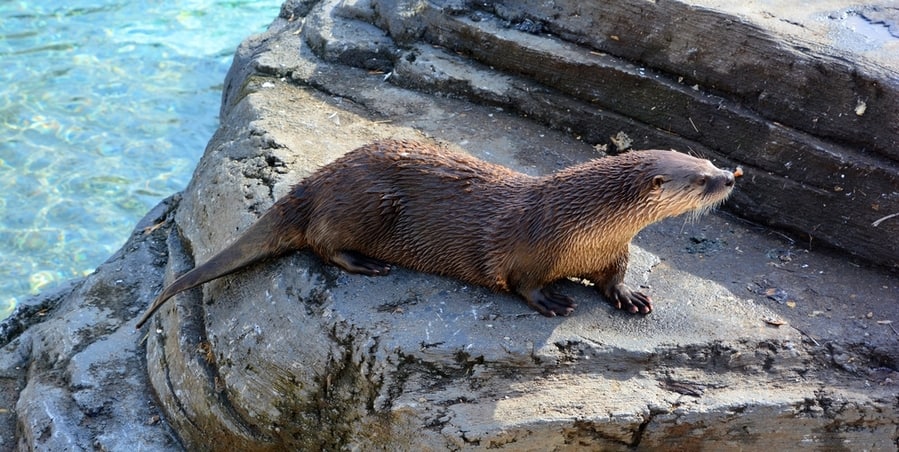
You can be “otterly” shocked when you wake up to see an otter invasion, and a handful of your fish are gone.
There are several methods to employ if you are trying to get rid of these fish hunters.
Otters are curious and intelligent animals, so you must be on top of your game and time every method to perfection to keep your pond safe from these animals.
Below are six ways to deter these voracious fish eaters from your pond:
1. Maintain a Clean Surrounding
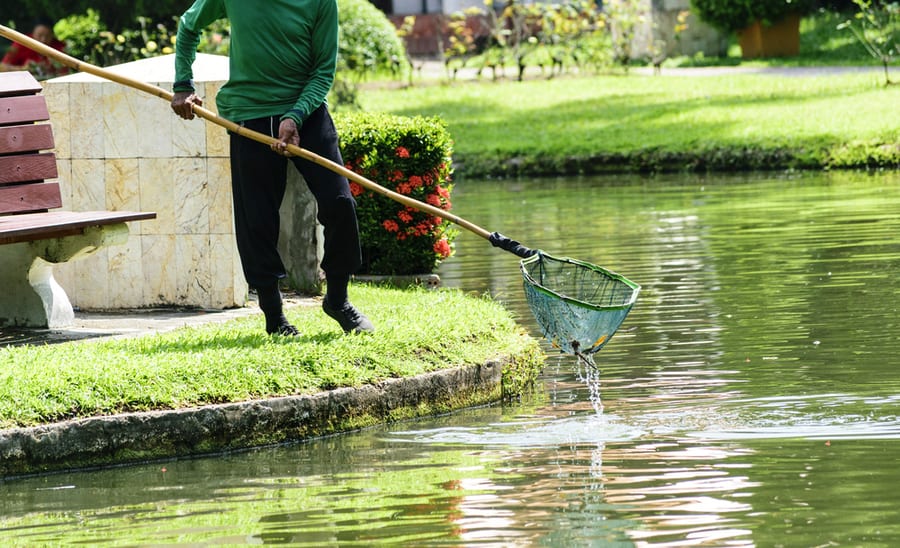
Otters are known to have an excellent sense of smell and hearing.
Perhaps, they can sense the traces of fish aroma coming from the pond surface. It surely won’t help to leave fish food (pellets or sticks) outside the fish pond, as this has a strong smell.
Also, if you have a garden around your pond where fruits and berries fall to the ground, clean them up shortly after they fall, as the smell of ripening fruits usually attracts otters.
2. Set Up a Fence Around Your Pond
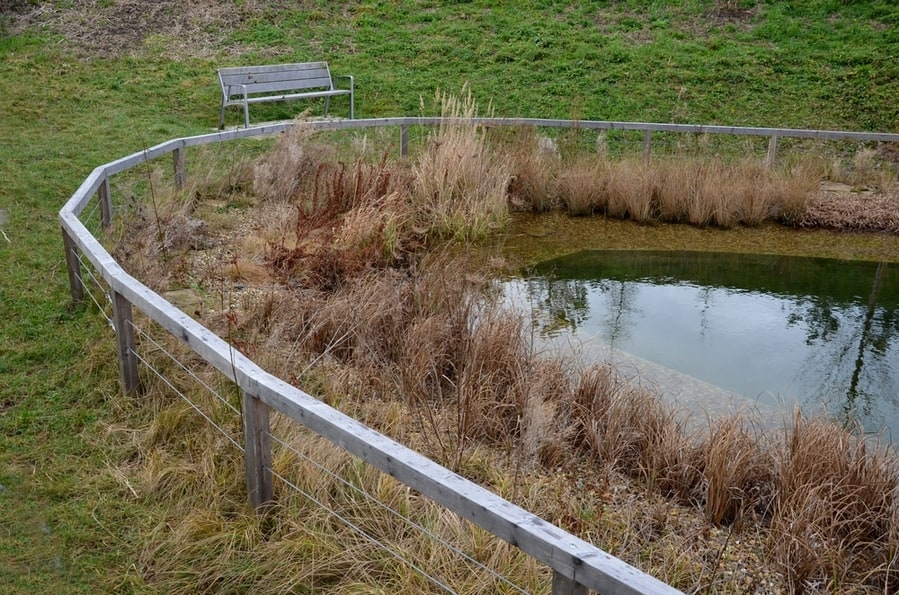
Once the environment is clean, fencing is another excellent strategy you can consider.
Depending on the size of your pond, building a fence around your pond may be expensive, but it is very effective. You can do it with wood, iron, or wire mesh.
Ensure part of the fence is buried at least a foot underground and sticking up at least two feet. With this, otters can’t go over or under it.
Erecting a fence will block the otters’ access to their food source or burrows that usually take them to your pond.
3. Place a Heavy Guage Mesh Over Your Pond
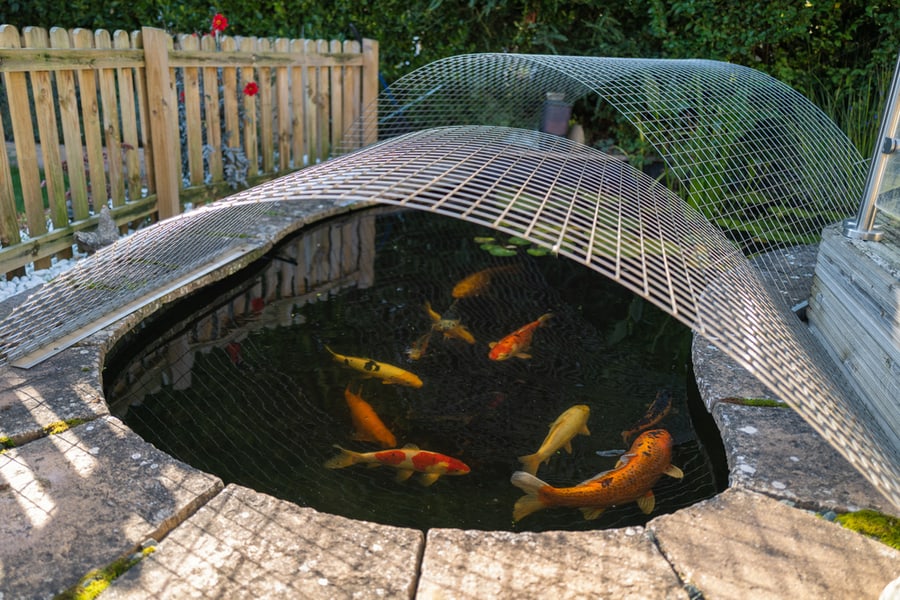
Consider placing heavy gauge mesh over your pond to prevent otters from getting free access.
And it is essential to know that otters can squeeze through a 100 mm gap. So, ensure you keep the gaps between each gauze below 100 mm.
Do not use regular pond netting, as this will not be effective, and otters could easily cut through.
4. Set Up Live Traps
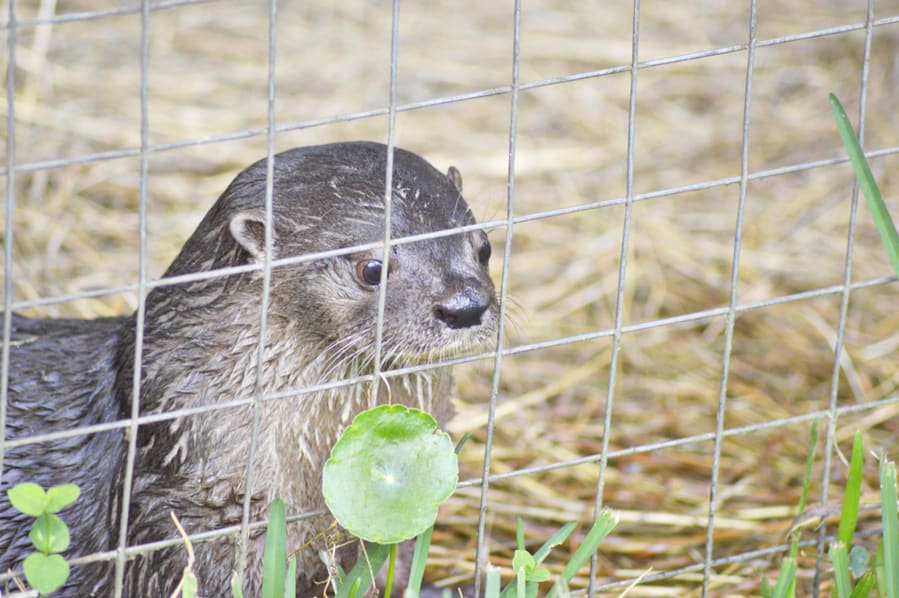
If you notice the presence of otters around your pond and do not want to harm them, this is for you. You can set up live traps and relocate the otters when they get caught.
Live traps do well if baited with oils from another otter or a potent smelly fish. Also, trap placement is vital to catching an otter.
Otters are intelligent and agile animals. Therefore, you must be strategic in your trap placement to secure your catch.
Traps must be set along frequent otters’ routes and cleverly placed so they do not draw attention.
If you have caught an otter and want to release it, you need to take it to public land with a good body of water.
To ensure they do not come back, ensure the water body has sufficient food to sustain the otters.
Otters are intelligent creatures that can see through any decoys and repellents you lay out for them. And this is why traps are very effective against them.
5. Use Otter Repellants

If you have otters living around your pond, you can force them out with repellants.
First, you need to find all the access points to their burrows. Plug these all up, leaving only one exit open.
Next up, sprinkle some flour around that one entrance. This will help you see their footprints to ensure they have left.
Next, take a piece of clothing and soak it in ammonia. Ammonia will only smell extremely unpleasant to these animals. It will not kill them.
Throw a piece of clothing into the hole, and they will abandon that burrow.
When you confirm that they have all left, plug the final exit to ensure no other otter comes to claim it.
6. Plant Lemongrass Around Your Pond
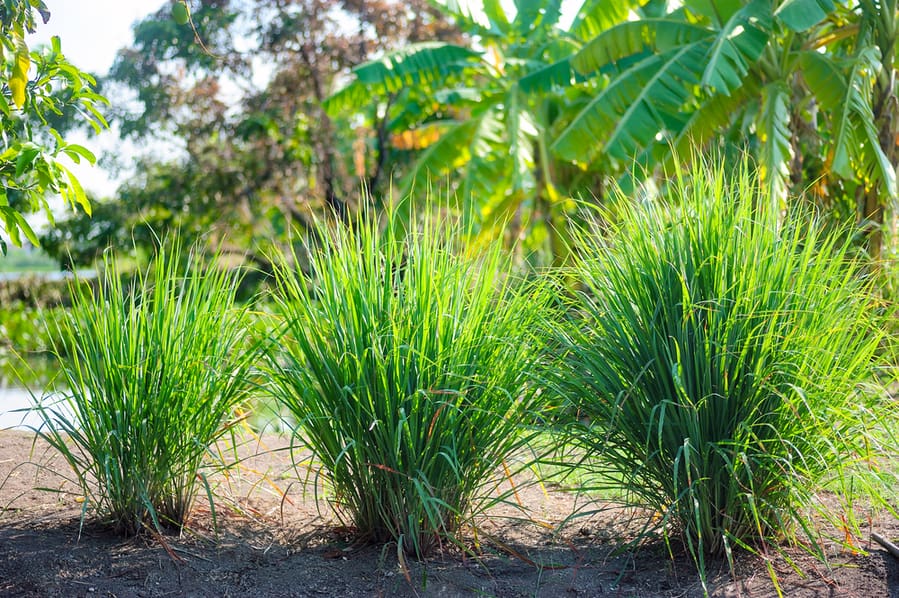
Planting lemongrass around your pond goes a long way in maintaining an otter-free pond.
Lemongrass is otters’ natural repellant. This great-tasting herb contains a scented oil called citronella, making it a potent otter repellant.
As many insects and pets are attracted to sweet and juicy smells produced by flowers, this herb’s sharp and pungent odor has the opposite effect on otters.
Conclusion
Otters are not usually a problem to humans and are a rare sight. But they will most likely visit you if you own a fish pond or an ornamental pond.
And you are more susceptible to their invasion if you own a pond near a river.
Above, we provided some strategies that can help frighten them away. These include setting up live traps, using repellants, erecting a perimeter fence around your pond, etc.
Remember always to keep your pond surroundings clean.
Frequently Asked Questions
What Are Otters Scared Of?
Otters have few natural predators when they are in the water.
On land, however, they are wary of predators like bobcats, coyotes, mountain lions, wolfs, black bears, and alligators.
Even household dogs pose a threat to the river otter on land.
What Time of Day Are Otters Most Active?
While you can notice their activity any time, otters are most active at night, dawn, and dusk.
How Do You Defend Against Otters?
Scent marks, optical measures (otter scarers), or noise-making devices are great otter-deterrent tools you can invest in. These resources scare otters away at first.

